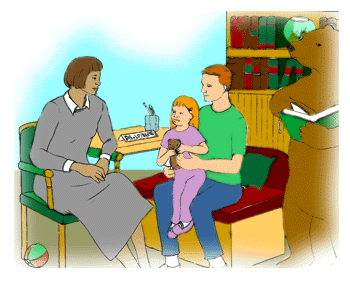Mental health hearings
 Mental health is all about how people think and see things in the world. Mental health is just as important as physical health. A person with emotional or mental problems may feel or act sick. Sometimes people have such big emotional or mental problems that the only place they can be taken care of is a hospital. This can happen to both adults and children. Adults can give their own permission to a hospital to treat them. Usually, parents can give a hospital permission to treat their children. These are called “voluntary” admissions to a hospital. Mental health is all about how people think and see things in the world. Mental health is just as important as physical health. A person with emotional or mental problems may feel or act sick. Sometimes people have such big emotional or mental problems that the only place they can be taken care of is a hospital. This can happen to both adults and children. Adults can give their own permission to a hospital to treat them. Usually, parents can give a hospital permission to treat their children. These are called “voluntary” admissions to a hospital.
Sometimes people can’t or won’t give a hospital permission to treat themselves or their child. In that case, a court might be asked to order or “commit” the person to go into the hospital. The person goes in front of a judge who hears the case. This is called a hearing. The hearing where a judge decides whether or not to order treatment in a hospital may be called a commitment hearing.
At the commitment hearing the judge will hear stories and facts about what mental or emotional problems the person has and how to treat them. The judge has to decide if there are any problems and if the problems are so big that the person has to stay in the hospital, even if the person doesn’t want to. If the problems are not too big, the person may still have to see a doctor, but not in a hospital.
Sometimes the judge goes to the hospital and holds the commitment hearing there instead of in the courthouse.
|